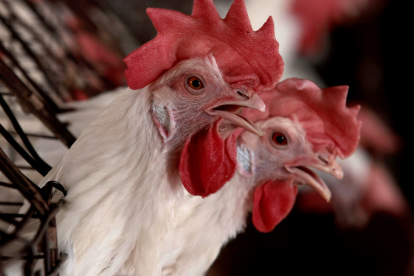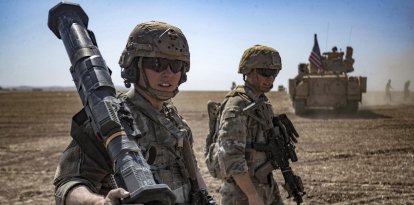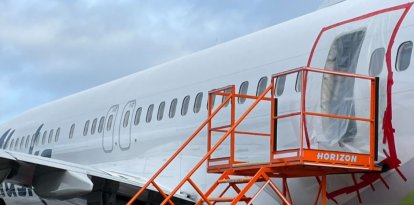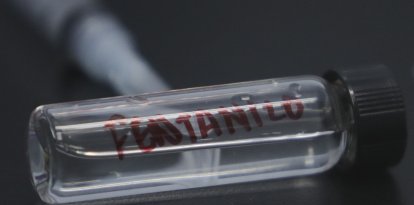The first case of avian influenza was detected in Missouri in a patient who had no contact with animals
The WHO urged further investigation into the patient's exposure and stressed the need to strengthen animal disease surveillance.

Chickens on a poultry farm
A person in Missouri tested positive for H5N1 avian flu without having had known contact with infected animals, health officials said. This is the first case in the United States of an infection in an individual without direct exposure to birds or other affected animals.
Case details.
The patient, an adult with underlying health conditions, was admitted to the hospital on August 22. He received antiviral treatment and was discharged after recovery. Tests confirmed H5N1 infection after an initial test indicated the presence of the virus. The Centers for Disease Control and Prevention (CDC) confirmed that no transmission of the virus to close contacts or others has been detected.
The Missouri Department of Health and Senior Services indicated that no infections have been reported in dairy cattle in the state. However, cases have been reported in poultry and wild birds.
Surveillance and recommendations
The World Health Organization (WHO) welcomed the identification of the case by the national surveillance system and the absence of additional infections among close contacts. However, Dr. Maria Van Kerkhove, WHO's director of epidemic and pandemic preparedness and prevention, stressed the importance of continuing investigations into the patient's exposure and emphasized the importance of enhanced animal disease surveillance to protect both animal and human health.
Context and risk
Although human cases of avian influenza are rare, scientists are concerned about the increase in mammalian infections and the potential risk of virus mutations that could facilitate human-to-human transmission. So far, cases in the country have been limited primarily to agricultural workers. Currently, the CDC assesses the risk to the public as low but cautions that the situation could change as more information becomes available.
RECOMMENDATION





















